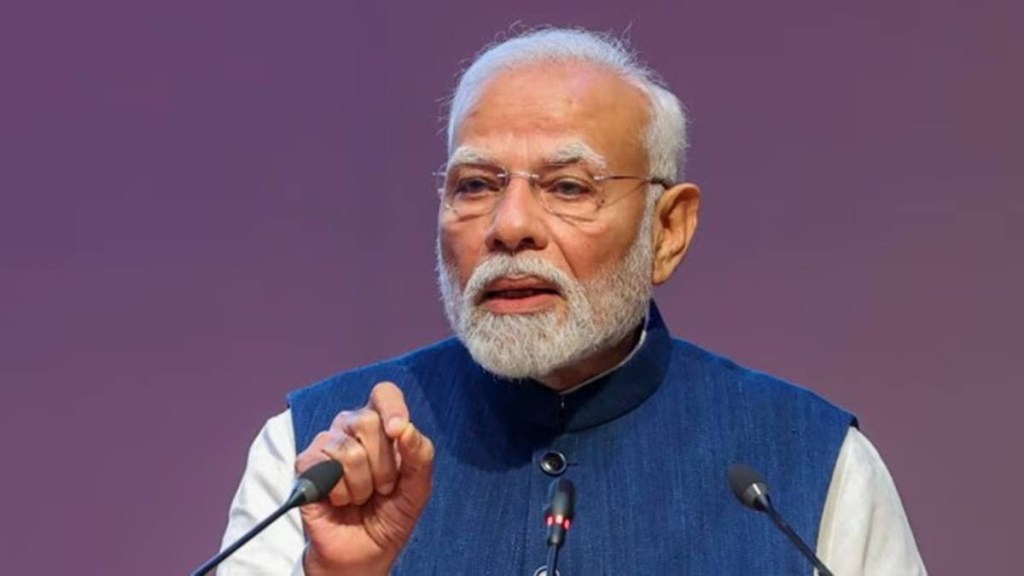Trump Tariff: Prime Minister Narendra Modi will chair a high-level Cabinet meeting at 1 pm on Friday (August 8) to assess the impact of the steep tariff hike recently imposed by the United States on Indian exports. The development follows US President Donald Trump’s announcement of reciprocal tariffs of 50 per cent on Indian imports, citing New Delhi’s continued trade with Russia.
The move marks a sharp downturn in relations between New Delhi and Washington after a period of warming ties. Trump has also ruled out any further trade negotiations until the current dispute is resolved.
Trump links tariffs to Russian oil purchases
When asked if talks with India could resume, Trump replied, “No, not until we get it resolved.” It remains unclear whether he was referring to ending the Ukraine conflict and India’s purchases of Russian oil, the stated reason for the new measures, or to issues underpinning earlier tariffs.
The additional 25 per cent announced on Wednesday comes on top of a 25 per cent duty already in effect since 20 July. The new levy will be applied from 27 August. Trump has argued the move is aimed at increasing economic pressure on Moscow to agree to a ceasefire, warning of “secondary sanctions” on all countries buying Russian crude.
India calls move ‘unfair’
In a sharp response, the Ministry of External Affairs called the decision “unfair, unjustified, and unreasonable,” asserting that India’s energy security and strategic autonomy must be respected.
Addressing the MS Swaminathan Centenary International Conference in Delhi on Thursday, Modi reaffirmed his commitment to protecting domestic interests. “The interest of farmers is our top priority. India will never compromise with the interests of its farmers, livestock holders, and fishermen. I know I will have to pay a huge price for this personally, but I am ready. India is ready,” he said.
Meanwhile, sources told Financial Express that the government is considering four main strategies to counter the US tariff shock including diversifying export markets, altering the export basket, stimulating domestic demand, and fast-tracking ease of doing business reforms. While industry leaders welcome the long-term vision, they caution that these measures fail to bridge the immediate competitiveness gap caused by the steep duties. “The danger is in applying the right solutions to the wrong problem,” a senior executive warned.
Friday’s Cabinet meeting is expected to review possible policy responses, including diplomatic engagement, trade diversification, and support measures for sectors most exposed to the US market.

